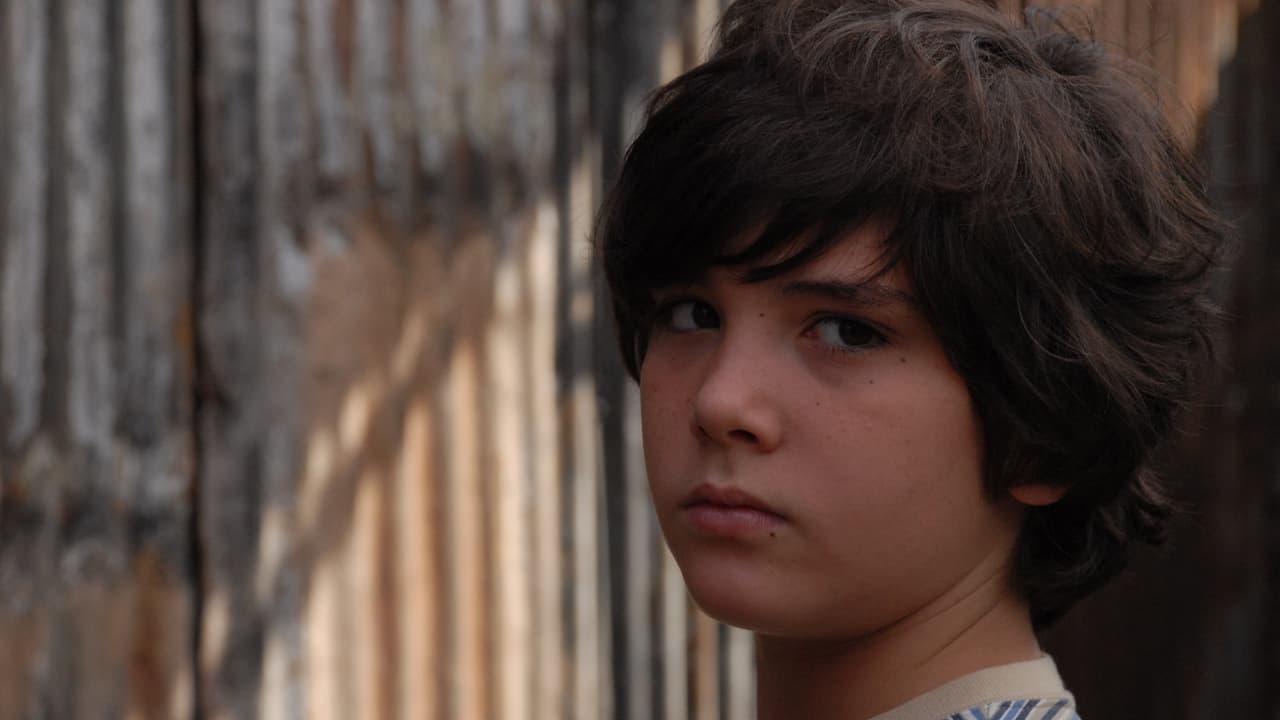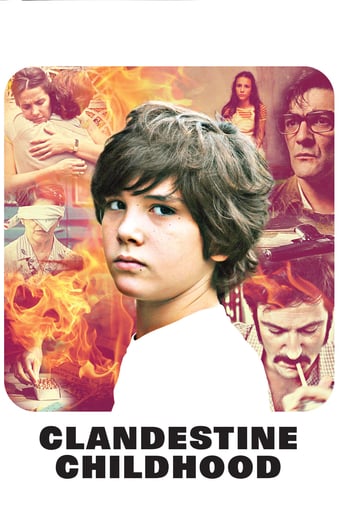

Truly Dreadful Film
... View MoreThe movie's neither hopeful in contrived ways, nor hopeless in different contrived ways. Somehow it manages to be wonderful
... View MoreExcellent characters with emotional depth. My wife, daughter and granddaughter all enjoyed it...and me, too! Very good movie! You won't be disappointed.
... View MoreThe best films of this genre always show a path and provide a takeaway for being a better person.
... View MoreDirector Benjamín Ávila's acknowledgment and thanks at the end came as such a surprise because the film he just made showed the opposite of said intentions. The film, set in 1979 Argentina, is about a boy who's forced to use a different identity for his and his parents and Uncle's safety. These parents and his uncle are part of the resistance, whose one of the chants are "Perón or death", and really mean said words. The film is relentless, definitely in a bad way, and manages to be unnecessarily long, bogged down with story lines about first love and "girls are like chocolates" metaphors. A better movie would have committed to the child's POV, using cinematography to always see things from his point of view. But that was not the case here. The film tries to center other characters that in the end it doesn't quite serve any of them well enough. And back to my first sentence, instead of the film being a successful homage to the people of resistance back in that era, I found myself thinking they were really bad parents, too blind to the cause to make decisions that wouldn't endanger their children.
... View MoreIt's 1979, Argentina. 12 year old Juan and his family returns after their exile in Cuba. They are guerrillas hunted by the military junta. Juan hides his true identity to everyone including his friends at school where they know him as Ernesto.It's an Argentinian film with the potential of compelling characters. For a film of paranoia, we need to feel it much more. The filmmaking style is slow paced. It needs a lot more energy, and I'm not advocating some big action scene. There's got to be more intensity in this story.The kids do good work. I like their characters. Their scenes have the intensity I'm talking about. I actually think the adults don't contribute as much. This feels like a lesser 'Running on Empty'. I do like the animation to break up some of the violence. It works well as from a child's point of view. Overall it tells an interesting story.
... View MoreWhen we see this movie, we start to think: what kind of people voluntarily put their own children in the middle of a dirty war?? What kind of fanaticism produces people like these? Unfortunately that kind of "leftist" fanaticism of the 1970's is somehow being replaced by other kinds of fanaticism so many innocent "idealists" keep falling for the sake of "ideas", ideologies or religions. In the middle of that craziness the only sane voice seems to be the kid's grandmother. But nevertheless, despite the sad story (the world is full of sad stories, isn't it?), this movie is very well realized and the acting, direction and editing are very good. The idea of using drawings to replace certain violent scenes was already used before in an Israeli movie but nevertheless was very well done.
... View MoreClandestine Childhood is a coming of age story with a difference. As the title suggests, it is growing up under secrecy. The film is set in 70's Argentina where the military junta rules the country and opposition groups are clandestinely active. We follow a 12 year old son of one of these revolutionary couples who is growing up under a cloud of secrecy to protect the identity of his parents. The boy is a normal child who wants to invite his friends home, have a girlfriend and all that but can not do so due to the risk of exposing his parents who are wanted by the military dictatorship.The politics and the history, though ever present, are kept firmly in the background and the film focuses on the boy's story. The fact that the film is based partly on the director's own childhood, and specially knowing (as he told the audience after a screening) that his mother was one of the "disappeared" during that era, makes the film very poignant. An added bonus is the great music in the film.
... View More